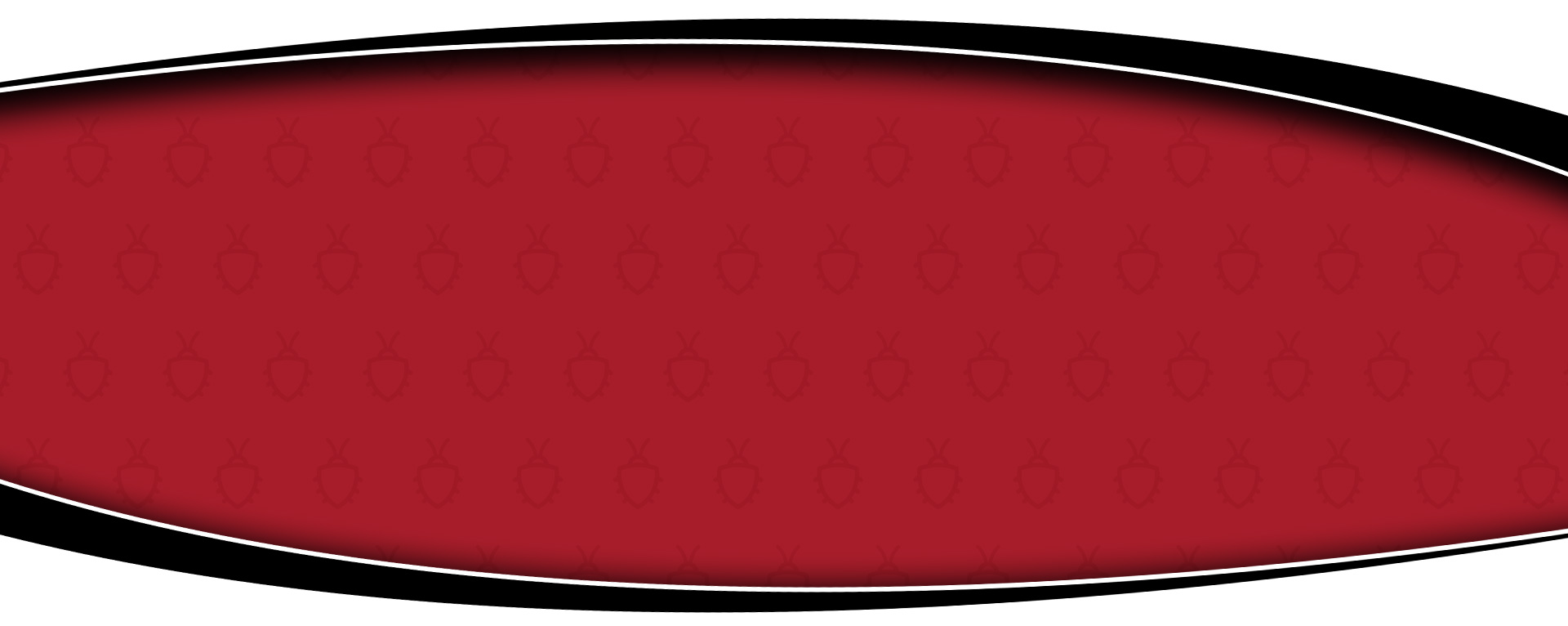
Ants
Ants are one of the most prevalent insects, with more than 10,000 different species throughout the world. Ants are social animals that live in groups, or colonies, with a colony having as many as a million ants in residence. Three types of ants live in the colony:
- Queen: The queen is the largest ant in the colony. Her role is to reproduce, laying thousands of eggs over the course of her lifetime. Depending on its size, a colony can have one or multiple queens.
- Female ants: Also known as worker ants, females are responsible for finding food, caring for the queen’s offspring, and maintaining and protecting the colony. Other than the queen, female ants do not reproduce.
- Male ants: The singular role of the male, also called a drone, is to mate with the queen.
What do ants look like?
Ants are generally red, dark brown, or black. They range in size from 1/8” to 1/2”, though some species can grow as large as an inch. Their bodies consist of a head, thorax, abdomen, six legs, bent antennae, compound eyes, and strong jaws known as mandibles. The ant’s anatomy resembles a figure-eight, with a constriction between the thorax and abdomen. Queen and male ants have wings, though most common varieties do not usually fly. Ants don’t have ears, and “hear” through vibrations. They also lack lungs and instead process oxygen through holes called spiracles. Ants have two stomachs — one for food they consume and another to hold food to take to the colony.
Ants mature quickly, going from egg to larva to pupa to adult in a matter of weeks. Males typically live less than a month, dying shortly after mating. Worker ants live for up to 3 years and the queen can survive as long as 30 years. Once the queen dies, the colony is unable to survive because it is unable to replace her.
What are the unique characteristics of ants?
Ants are omnivores, feeding on anything from seeds to other animals. They are very organized, often working together in large groups to build their nest and gather and transport food. Depending on the type, an ant can carry 10 - 50 times its own body weight. Ants communicate by emitting chemicals that warn of danger and potential food sources. As they travel, they discharge pheromones to mark their trail, which is why you often see ants marching in a line.
What are the habits of ants?
Ants prefer warmer temperature and are most active in the spring, summer, and fall.
Where are ants commonly found? Outdoors, ants generally make their homes beneath the ground, in mounds built at ground-level, in trees or plants, or in wood. Indoors ants build nests in a variety of places, and habitats of some of the most common ants found in North America vary:
- Acrobat ants are typically found in the eastern United States, particularly in North Carolina. They prefer moist, damp areas like rotting logs and tree stumps, but may enter your home through pipes or electrical wiring and settle into walls or insulation.
- Argentine ants often live in mulch or soil, 1-2 inches below the surface, including space under your home. These ants will enter a structure when seeking food, water, or an escape from humidity, building their nests in pipes, drains, insulation, or wall voids.
- Carpenter ants are one of the largest ant species in the US. They build their nests in moist, damaged wood that is above ground or partially buried.
- Fire ants build mounds in warm, dry areas that receive direct sunlight. These mounds may be a foot tall and two feet in diameter.
- Little black ants prefer moist areas and are often found in mulch or underneath debris or lumber. They will move indoors to seek food, nesting under carpeting, between bricks, and in walls and crevices.
- Odorous ants can be found outdoors in mulch, boards, rotting logs, and under sidewalks. Indoors they prefer cracks and crevices, wall voids, and window frames.
- Pavement ants build soil mounds near concrete or pavement. They are usually found between sidewalk cracks, at the edge of the pavement, or in concrete blocks.
What are the risks of having an ant infestation?
While most ants don’t pose a threat, they are a nuisance, contaminating food and producing unpleasant odors. Ants that nest in wood may also affect the integrity of a structure, especially if their nest is allowed to grow. Fire ants will attack humans or animals when threatened, injecting their victims with venom which causes pain and, sometimes, more serious consequences. Acrobat and pavement ants may also bite when they feel under attack.
Have an ant problem?
Speak with our expert technicians today.

-
"Prompt, Efficient, Courteous, and Friendly."
Brandi B.
-
Teamwork
Collaborating effectively to achieve common goals and support one another.
-
Honesty
Upholding integrity and transparency in all interactions.
-
Reliability
Being dependable and consistent in delivering exceptional service.
-
Innovation
Embracing new ideas and technologies to improve pest control solutions.
-
Vitality
Promoting enthusiasm and a proactive approach in all interactions.
-
Excellence
Striving for the highest standards in everything we do.

-
Say Goodbye to Pests for Good!Don’t let bugs take over your home! Schedule your free inspection today and take back control.Contact Us
-
Your Home Should Feel Safe, Not Infested!Our guaranteed pest control solutions protect your family, pets, and peace of mind.Our Services
-
Know the Signs, Stay Pest-Free!Learn how to spot early signs of pest infestations before they take over your home. Our Pest Learning Center helps you identify common pests and understand when it's time to call in the experts!Learning Center

